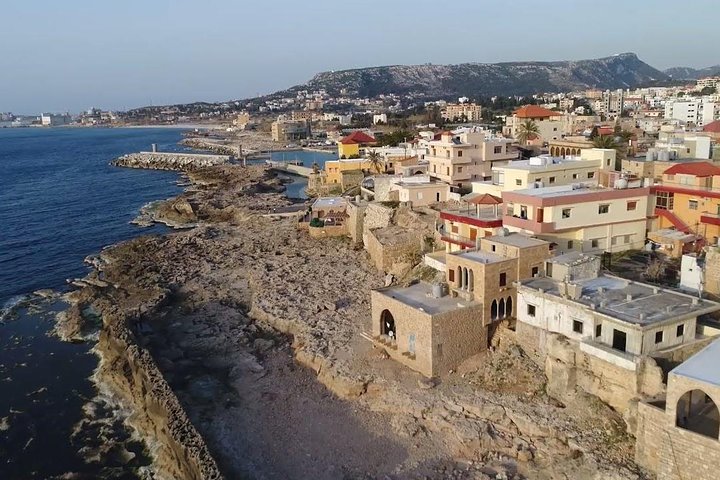
Tripoli, located in the North Governorate of Lebanon, is a city that beautifully blends history, culture, and natural beauty. As Lebanon’s second-largest city, Tripoli offers a rich tapestry of experiences for both locals and tourists alike. The city’s ancient souks, historic landmarks, and vibrant coastal life make it a must-visit destination.
One of the best ways to immerse yourself in the city’s history is by taking a Historical Tour, where you can explore the architectural marvels and cultural highlights that define Tripoli. The city’s old souks are a labyrinth of narrow alleys filled with the scent of spices, the sound of haggling vendors, and the sight of traditional crafts. It’s a sensory experience that transports you back in time.
For those who love the sea, Tripoli’s coastal charm is undeniable. The city’s port area is bustling with activity, and a stroll along the waterfront offers stunning views of the Mediterranean. You can also embark on a Cultural Tour, which not only delves into the city’s rich heritage but also allows you to savor rustic Lebanese meals prepared with love and tradition.
Nature enthusiasts will find joy in the nearby Batroun, a coastal town known for its natural beauty and historical significance. A Day Tour to Tripoli and Batroun is perfect for those looking to explore the natural highlights and iconic sights of the region.
Tripoli’s charm lies in its ability to offer something for everyone. Whether you’re a history buff, a foodie, or someone who simply enjoys exploring new places, Tripoli promises an unforgettable experience. So pack your bags and get ready to discover the hidden gems of this ancient city.
Tripoli, located in the North Governorate of Lebanon, is a city that beautifully blends history, culture, and natural beauty. As Lebanon’s second-largest city, Tripoli offers a rich tapestry of experiences for both locals and tourists alike. The city’s ancient souks, historic landmarks, and vibrant coastal life make it a must-visit destination.
One of the best ways to immerse yourself in the city’s history is by taking a Historical Tour, where you can explore the architectural marvels and cultural highlights that define Tripoli. The city’s old souks are a labyrinth of narrow alleys filled with the scent of spices, the sound of haggling vendors, and the sight of traditional crafts. It’s a sensory experience that transports you back in time.
For those who love the sea, Tripoli’s coastal charm is undeniable. The city’s port area is bustling with activity, and a stroll along the waterfront offers stunning views of the Mediterranean. You can also embark on a Cultural Tour, which not only delves into the city’s rich heritage but also allows you to savor rustic Lebanese meals prepared with love and tradition.
Nature enthusiasts will find joy in the nearby Batroun, a coastal town known for its natural beauty and historical significance. A Day Tour to Tripoli and Batroun is perfect for those looking to explore the natural highlights and iconic sights of the region.
Tripoli’s charm lies in its ability to offer something for everyone. Whether you’re a history buff, a foodie, or someone who simply enjoys exploring new places, Tripoli promises an unforgettable experience. So pack your bags and get ready to discover the hidden gems of this ancient city.












